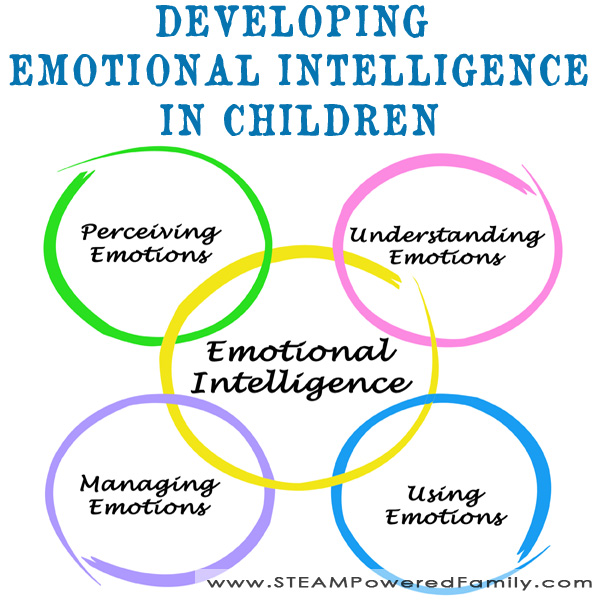In recent years, science has discovered the great importance of emotions in our lives, researchers have shown that emotional awareness and the ability to manage feelings are far more important than IQ, and that it is this emotional intelligence that will determine success and happiness in all walks of life, including family relationships.
“Family life is our first emotional learning school,” writes Daniel Goleman. That’s why it’s so important to be aware of the influence of family experiences on children and act accordingly.
- Children learn most of their parents’ emotional lessons.
- Such as the ability to control impulses.
- Delay gratification.
- Motivate therself.
- Read other people’s social cues.
- And face the ups and downs of life.
- Properly manage tension and anxiety.
In the family, Goleman says, we learn about ourselves and how others react to our feelings; about how to think about these feelings and what options we have to respond to them. This provides a model for children to manage their own feelings.
Past and child experiences are present when parents face the challenge of educating their children, it is essential to be aware of the influence of past memories and feelings when they are negative, if nothing is done, if we are not aware of our own feelings, we run the risk of developing educational standards contrary to what we want for our children.
When parents become aware of the desires, motivations and feelings that invade them in happy times and in times of conflict and concern, they are better able to control their impulses, especially in situations of emotional tension with children.
Thus, the basis of adequate emotional competence is established; Because parents are able to manage their feelings, so will their children; However, if parents get angry and lose control, their children will replicate their parents’ learned pattern. .
Knowing how to manage emotions is critical to children’s emotional health, as they will benefit from stable and safe support to mature; when parents are able to handle their emotions well and are able to detect their children’s needs, they help them feel safe. A sense of security provides a foundation for support when they need help, comfort, or affection.
John Gottman offers the following emotional training process to parents to help their children manage their emotions:
1. Be aware of the child’s emotions;
2. Recognize emotion as an opportunity for intimacy and teaching;
3. Listen with empathy, validating the child’s feelings;
4. Help the child find the words to mark the emotion he or she feels;
5. Set limits and explore strategies to solve the problem.
Gottman says children whose parents constantly exercise have better physical health and better academic outcomes than children whose parents do not offer this advice. These emotionally trained children get along better with their friends, have fewer behavioral problems, and are less prone to violence. In addition, these children express fewer negative feelings and more positive feelings. Finally, they’re healthier emotionally.
Gottman also comments that when mothers and fathers use this style of training to raise their children, they become more resilient and that, even if they remain sad and irritated, or scared in difficult circumstances, they are better able to calm down, recover from anxiety and continue productive activities, that is, they are more emotionally intelligent.

